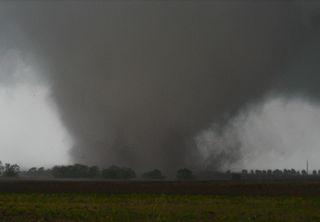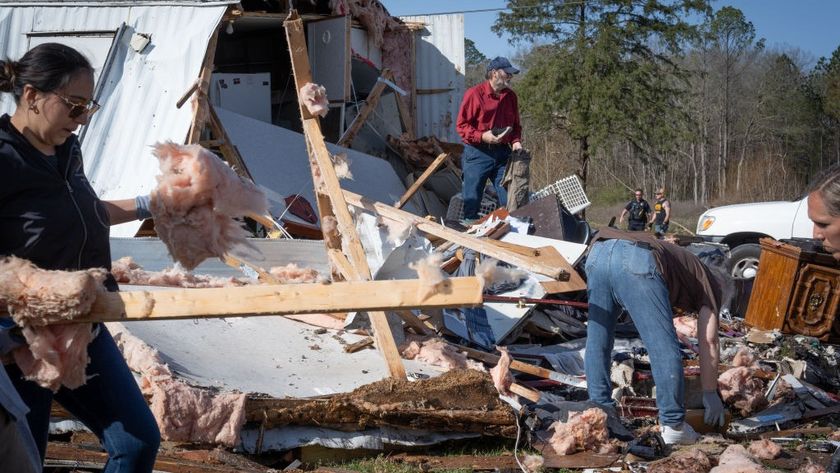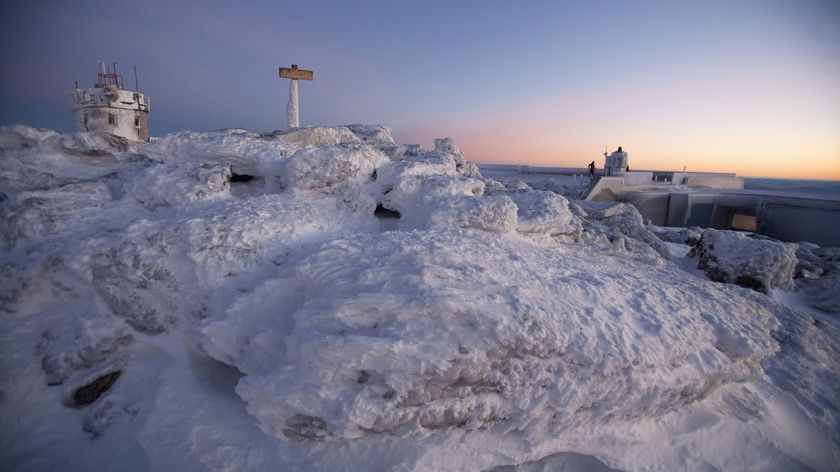
Snow and Cold Aim at the Northwest
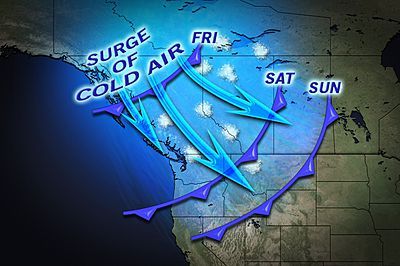
This article was provided by AccuWeather.com.
The coldest air of the season so far is forecast by AccuWeather.com to roll into the Northwest this weekend, and it will be accompanied by snow in some areas.
The storm track will shift farther south in the Pacific this weekend. As it does, colder air will drain southward from British Columbia into Washington, Oregon and the northern part of Great Basin and Rockies.
While a great deal of moisture will not be available and it will not snow at the coast from Vancouver, British Columbia, to Seattle and Portland, it will snow at pass level and will bring the lowest snow levels of the season thus far.
Snow levels are forecast to dip to around 2,500 feet in the northern Washington Cascades and to around 4,500 feet in the Oregon Cascades.
Mount Shuksan with Picture Lake in the foreground, in Washington, during late October. (Image by KingWu, Photos.com)
A few inches of snow is likely over Stevens and Snoqualmie passes, which can stick to the roads from time to time Friday night into Monday.
Sign up for the Live Science daily newsletter now
Get the world’s most fascinating discoveries delivered straight to your inbox.
The cold and snow may be enough to jump-start the ski season in the Cascades and also in the Canada Rockies.
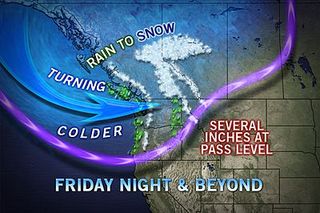
Steady snow is possible much of the weekend in the Canada Rockies. Accumulating snow will stretch eastward reaching Edmonton, Alberta. The pattern may lend a clue for the upcoming winter in western Canada.
Along the coast, rounds of chilly rain showers are in store from British Columbia to Washington and Oregon.
During Monday and Tuesday of next week, cold rain will dip into northern California and snow is possible over the southern Cascades and the northern part of the Sierra Nevada.
© AccuWeather.com. All rights reserved. More from AccuWeather.com.
The only sure thing about weather forecasts is that they’re wildly different all over the planet. Test your knowledge on the wild ranges in temperature, precipitation and more.
Extreme Weather Facts: Quiz Yourself
